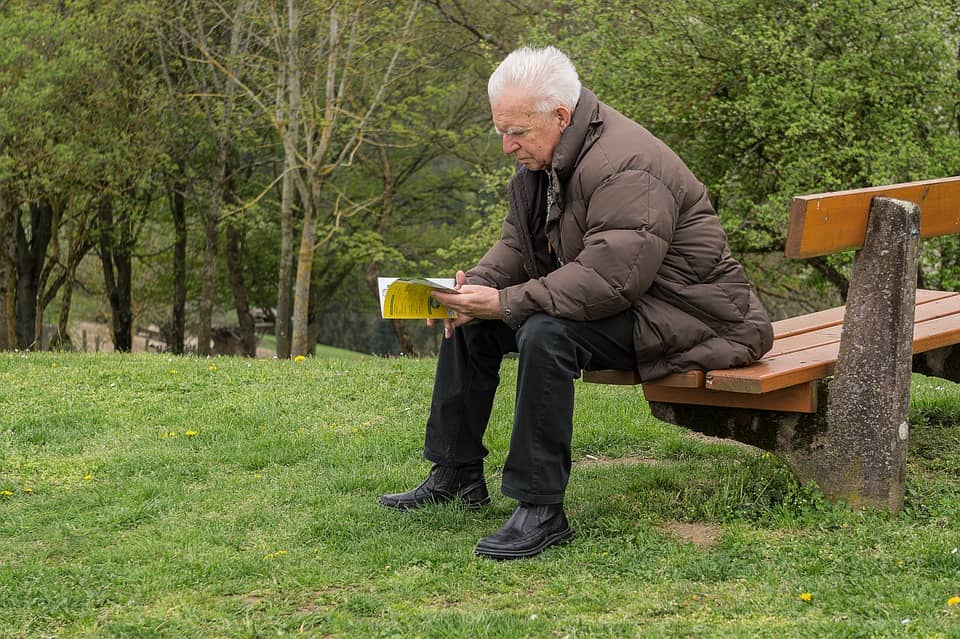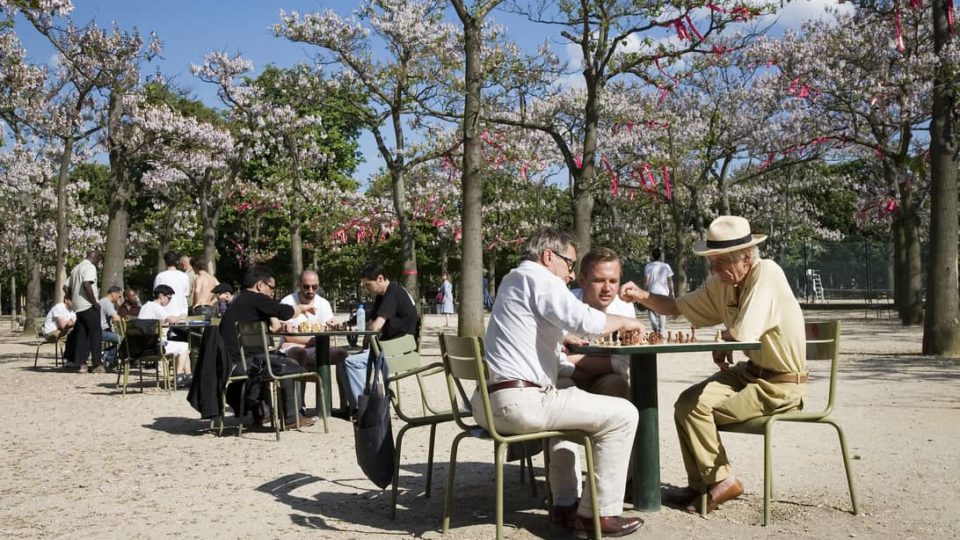Retirement in France
Thinking of where to spend your retirement years in Europe? You should seriously consider France. For retirees, the country offers a phenomenal quality of life together with multiple modern comforts to ensure a blissful retirement. Even though France does not have a designated visa for retirees, the procedure for retiring in the country is not difficult.
Retirees can apply for a long-term visa at the closest French consulate in their country. Subsequently, they can get a carte de séjour visiteur, and to prove financial capacity to sponsor their stay in France, they will have to tender financial statements from their bank or pension plan. Retirees and soon-to-be-retirees should note that it is important to know whether their health plan will cover their stay in France.
Before making a final decision, I suggest that you stay in France for about three months. This is to find a place where you will be based and to connect with other retirees. You should plan on leveraging the power of the community. Living in Paris is the most expensive thing you can do in France, for example, so settling in the countryside or other less pricey but upscale towns will be reasonable.
How to Retire in France
Often, it is simple for people from North American to secure long-term residency and retire in a place like France. But before making plans, properly observe your situation. Many documentation will be required as follows:
- A signed passport that is valid for three months after the last day of stay
- An application form that is legibly completed and signed
- Proof of accommodation in France
- A passport-size photo stapled or glued to the form
- A current passport
- Proof of means of income
- Proof of legal status in your country (a copy of green card etc.)
- Letter promising not to take up any employment while in France
- Marriage certificate (if applicable)
- Processing fees
- Proof of medical insurance
- A reservation record or e-ticket displaying sate of departure to France
- A completed, signed, and notarized, single-term residence form
You should also check with the French consulate closest to you for a complete guide.

Climate in France
Though there are lots of regional variations in France, the climate is mostly temperate. Average winter temperature ranges from 32° F to 46°, and an average summer temperature is from 61° F to 75° F.
If you are searching for the most sunshine and worth, check out the Midi. This is the word the French used for the southernmost parts of the country. The Languedoc and Provence regions typically have very hot summers and mild winters.
Along the north and central areas, Paris record fairly rainy winters even though summers can be are blisteringly hot. Along the eastern regions of Alsace-Lorraine and in the mountainous areas of the Pyrenees, the Massif Central, and the Alps, winters are colder. Meanwhile, be mindful that the French use the Celsius temperature scale (° C). Therefore, temperatures are given in Fahrenheit.
Why You Should Retire in France
There are lots of reasons you should consider retiring in France: the affordability of Nantes, the Normandy’s beaches, Paris’ striking cityscape, the resorts of the Mediterranean and the Atlantic, and so on. France is beyond a beautiful place to live. Here are some reasons why you should consider the country to stay:
Cost Of living
There are options to choose from if you are looking for a town to live on a low budget. Food is abundant and cheap too. The country has numerous cheeses, and they start from $1.15 for brie or home-made camembert. It is rather interesting that visitors can try a different cheese every day of the year and not spend a fortune doing that.
You can get beer, spirits, and wine at incredibly cheap rates. There is red or white wine from the many in the local supermarket that one prefers for about $3.50. A supermarket baguette usually goes for around $1.15. As a tip, French supermarkets are not permitted to dispose of food; therefore, there are lots of bargains.
Is…
>>Bordeaux Expensive?
>>Lille Expensive?
>>Toulouse Expensive?
>>Lyon Expensive?
>>Nantes Expensive?
>>Toulon Expensive?
>>Nice, France Expensive?
>>Strasbourg Expensive?
Affordable Housing
Living in the 6th arrondissement right in the heart of Paris or a Mediterranean resort town will be very expensive. However, there are countless properties in stunning country villages and towns at reasonable prices. Visitors can get a small townhouse for as low as $34,400 or less. For around $92,000, one can get a traffic building accompanied by a garden.
Drink Water Straight From The Tap
France is among the few places where you can drink water from the tap. The country has an excellent service for ensuring water is drinkable from the tap. Every village, community, town, and city is connected. You always have the choice not to buy bottled water.
Easy Access and Connectivity
France has quite an impressive rail system that connects a good deal of the city. There are great discounts for persons over 60 and Charles de Gaulle, its biggest airport has a TGV (speed train) station under the terminal. So, visitors can alight from the train, approach the escalator, and arrive at the airport’s terminal.
France is also well positioned for easy travel to the rest of Europe. Between Spain and France, there is free movement, and you might want to drive around if you want. Belgium, Switzerland, Italy, and Germany also have a free movement agreement with France.
There are many regional airports in France that connect flights around the world. While the roads are good, the routes are maintained properly. The country boasts of great broadband with a range of brilliant mobile phone providers. There is free Wi-Fi in most places, especially when you visit popular public spaces like tourist areas.
Healthcare
The French healthcare system is known to rank high among the best in the world. A brief visit to the doctor will cost around $30, and after a 3 month-residency, one can get about 70% back. The government fixes healthcare provider and specialist fees, and if one develops a terminal disease like diabetes, cancer, kidney or liver failure, then medication goes for free.
People
Despite a disapproving general opinion of the French, the country has quite a polite and friendly populace with an amazing sense of humor. They are welcoming, and if you learn enough French phraseologies, the French are known to go all out to help visitors.
When to Visit
In France, retired persons are not curtailed by the school holiday timetable. July and August in the country are especially busy times when the crowded areas are not that pleasant, and lodging expenses tend to be high. To avoid all these while having a wonderful time in a nice climate, the months of May, June, September, and October (rarely) are great periods to come.
In the coldest times, most southern areas remain cool. You can choose to venture in the middle of winter and savor the sunshine, in the abroad departments of Martinique, Mayotte, Reunion, and Guadeloupe.
>>Cheapest Time to Travel to France
Retirement in France – Summary
As a country, France has lots of benefits for retired people who desire to see it while appreciating each area at a lovely pace. Great climate, affordable cost of living, phenomenal scenery, good public transport, excellent cuisine, medical cover, etc. What is there not to like about retiring in France?!
